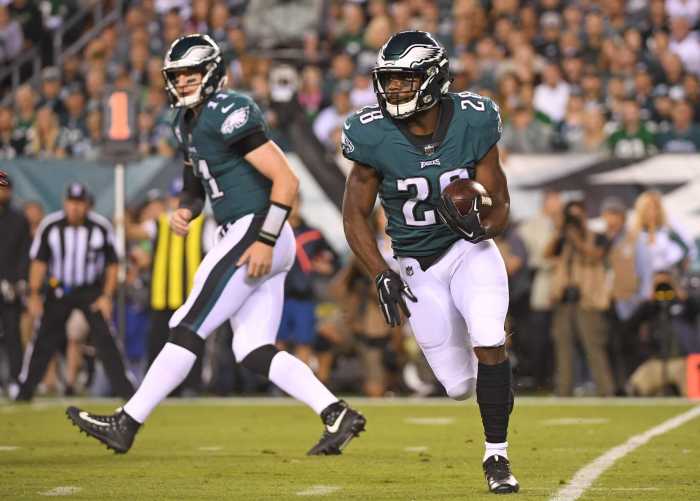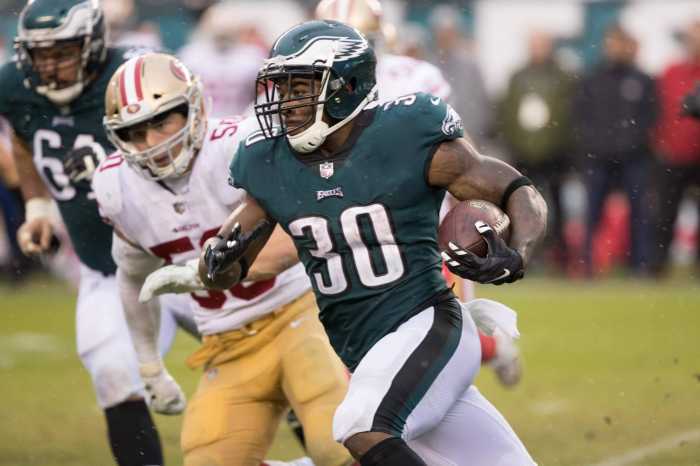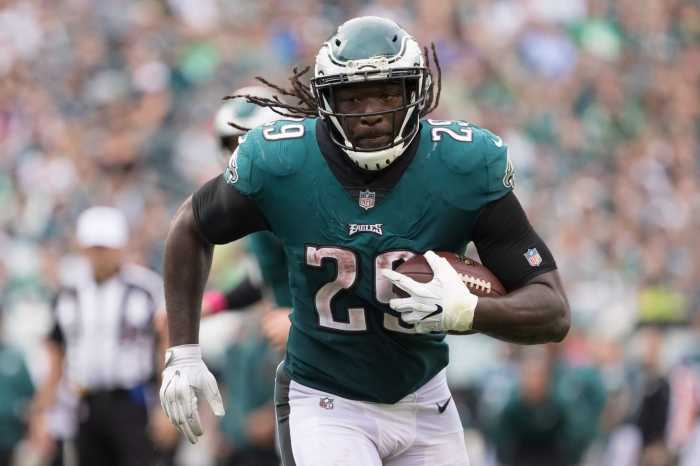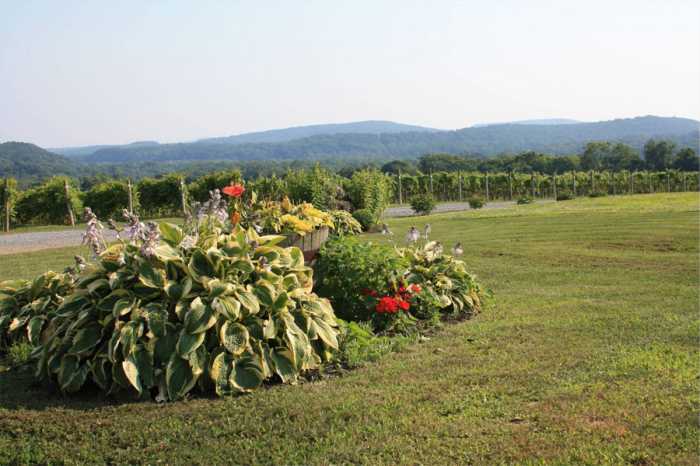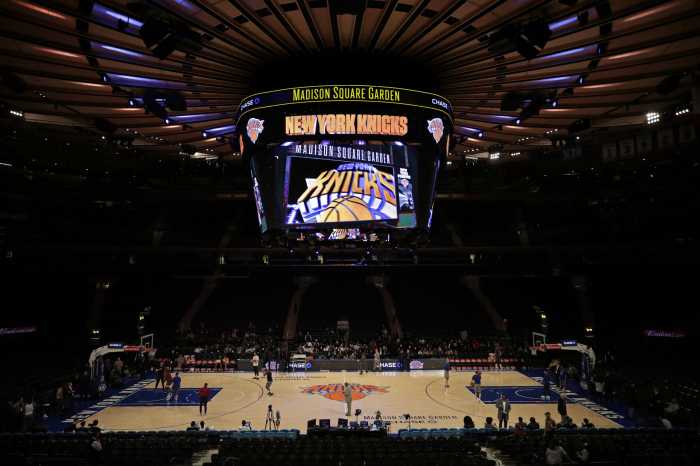There is no doubting that the Jordan Howard trade is one of extreme value for the Eagles. The 24-year old who has amassed over 3,700 yards in his first three NFL seasons brings a bowling ball style back to the City of Brotherly Love, replacing what the team lost in Blount one year ago and were unable to find once more in an injured Jay Ajayi. But while Howard answers the call for today, the Eagles still have some work to do.
I could sit here all day and talk about Howard’s 74% conversion rate last year in short-yardage situations, or the fact that despite a career-low in yards per carry, he actually averaged 4.3 when rushing out of the shotgun. We could discuss Howard’s physical style of play, his home-run potential and his success in pass-protection…but the fact is, when next season passes, the Eagles could be right back to square one.
There are three main benefits to this trade.
1) The compensatory pick that the Birds will gain if they lose Howard to free agency next year is a 4th rounder. Given that he will only cost the team $2M this season, if Howard balls out to secure the bag, the Eagles are not only set to get an impactful season from the underdog, but would get back a pick worth more than the one gave up to get him in the first place.
2) With just a $2M cap hit against his name, this is about as low-risk, high-reward as you could get. Howard’s slowest season was in 2018 where he still posted a shade under 1,000 yards and scored as many red zone touchdowns as nearly the entire Eagles backfield combined on half as many touches.
3) Entering his contract year, Howard will be doing all he can to secure himself the long-term deal he deserves. There is no questioning that there will be
Since the beginning of the Doug Pederson era, the Eagles backfield has been anything but stable. From Ryan Mathews and Darren Sproles, to Jay Ajayi and LeGarrette Blount, the Birds’ philosophies and value of the position ensure that a committee effort will always take the forefront, with expenditure coming at a minimum.
Jay Ajayi? He made $325K in 2017 and $1M one year later.
Wendell Smallwood is set to make $700K in 2019.
Corey Clement is set to make $648K in 2019.
Josh Adams is set to make $570K in 2019.
And of course, it’s a $2M hit for Jordan Howard. In comparison to the monster money being spent in the trenches and even at wide receiver now, this is miniscule…but sooner or later, the re-tooling, or re-investment simply has to begin.
Howard, Adams, Clement and Smallwood are ALL set to enter free agency next year. So unless the Eagles plan on rolling with Boston Scott and Donnel Pumphrey in 2021…this draft will be imperative.
The Draft remains the cheapest way to acquire running back talent and this class is littered with names who can help the Eagles. I ranked the top fits below:
Whether it’s Josh Jacobs, Darrell Henderson, or Devine Ozigbo, the Eagles simply have to find a way of bringing in at least one more name to this stable of backs.
It’s easy to look at this offseason and trust in what Howie Roseman is doing, but it’s also important to at least be aware of the bigger picture. And that is that the Eagles, at least recently, have struggled to hit homers when it comes to finding running backs in the heart of the Draft…and if that continues this year, where they’re looking for a committee piece once more, they will be backed up against a wall without much in the way of firepower to help them out of a tight situation
If the Eagles are going to draft one, or even two running backs this year, they have to be sure that in one year from now, they’re ready to lead from the front and potentially pick up from where Howard leaves off…which, if all goes to plan, could be some almighty boots to fill.
Mandatory Credit: Brad Rempel-USA TODAY Sports



